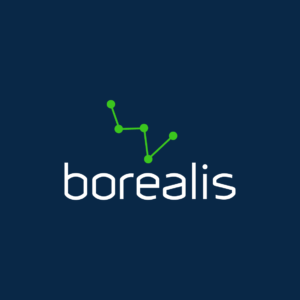Grievance management mechanisms for community complaints are part of a series of processes that aim to prevent, mitigate, or resolve tensions and conflicts between companies and local communities. They constitute an integral part of the International Finance Corporation’s (IFC) approach requiring community engagement on the part of their clients under their Policy on Social and Environmental Sustainability.
Complaints can involve a wide spectrum of subjects, questions, or issues and represent both minor preoccupations and much more serious conflicts that involve acts of violence. They can be expressed, for example, in the form of legal claims or protests and be individual or collective.
Why implement a complaints handling mechanism
According to a document produced in 2009 by the Centre for Social Responsibility in Mining (CSRM) and the University of Queensland in Australia, mining companies put mechanisms in place to manage grievance and complaints for a number of different reasons:
“Community complaints and grievance mechanisms can form part of a broader ‘early warning system’ for identifying and understanding community concerns that could lead to more serious conflict. An early warning system has the potential to reduce social risk (i.e. the possibility that company actions of inactions will have an adverse impact on local communities), which in turn reduces risk to the operation of disruption or closure, or damage to corporate reputation.”
Implementing an information management system or a grievance management mechanism can also send a positive signal to local communities by showing that the company recognizes its accountability and assumes responsibility for the resolution of problematic issues. It is thus a tool that enables the establishment and maintenance of a climate of trust and dialogue, essential elements to obtaining and maintaining the social license to operate.
Guidelines to develop mechanisms for handling complaints
The IFC’s guide entitled Addressing Grievances from Project-Affected Communities provides guidelines for projects and companies on how to develop mechanisms for the management of complaints and insists that these mechanisms are effective, provided that adequate resources (people, systems and processes, as well as associated financial resources) are allocated for their operational implementation. Additionally, responsibilities have to be clearly defined.
The IFC guide also states that the management of complaints should be recognized as a management function with clearly defined objectives, assigned responsibilities, timelines, a budget, monitoring by senior management, and regular reports. For these reasons, grievance management mechanisms must be part of a broader social and environmental management system and should act as indicators that show the system is functioning properly.
This holistic approach is one that Borealis has chosen to offer for several years to its customers through its scalable technology solutions. In fact, the Complaints and Grievances management system is an integral part of the Stakeholder Engagement module that enables the management and monitoring of a diverse array of activities related to community relations and communications. The latter module, in turn, is part of an even broader range of solutions that constitute the Borealis Software, the objective of which is to assist the management of numerous activities related to the social impacts of projects led by companies operating in the mining and oil & gas sectors.
Caroline Chaumont, Borealis





